Outsourcing is the process of engaging a third party to execute services or generate commodities that would otherwise be conducted in-house by the company’s workers and personnel. Primarily, the main reason for outsourcing is the lower cost of an external workforce.
The finest examples of e-commerce outsourcing include marketing, workplace and warehouse cleaning, and website development. When it comes to accounting, upkeep, and employment, most shop owners cede control to in-house professionals. This allows businesses to concentrate the majority of their resources on their primary operation.
Outsourcing some or all of your e-commerce operations might be a good solution for you. But what are the benefits and downsides of it? Keep reading to find out!
Differences Between Task Delegation Practices
What does it mean?
What are some examples?
How much does it cost?
There are five key factors to consider impacting your decision to outsource, insource, or offshore in order to avoid financial risks and expenditures.
- Data confidentiality and safety. Business data refers to client information and any financial information, the loss of which will severely affect your company. If you need to perform financial operations, for instance, for this purpose, it is better to turn to insource.
- In-house abilities. This refers to the technological abilities of your company or human resources. If your company has all the resources to perform a task, insourcing is the right choice. However, if there is a lack of in-house resources and you need full control over processes – you definitely need offshoring. And, if there is no need to control strictly, outsourcing might help you.
- Stability of the country you are going to entrust processes. Before offshoring to another country or transferring part of the process to third-party performers, research the political and economic environment of the country and take into account all risks and the job market.
- Control over the process. How much control does the business like to have over the process? This is the key question to ask before deciding exactly what you need. Offshoring is a good option to tightly control processes in another state. But if absolute control is not needed, then outsourcing is the better choice.
- Ease of setting up a business. If the chosen country has a loyal tax policy, provides a legislative framework for successful running business and bureaucracy is not so developed, and that is really important, it is possible to withdraw funds from this country, then it is worth considering opportunities for offshoring and outsourcing.
Before making a decision in favor of offshoring, insourcing, or outsourcing, it is worth considering these factors in their totality.
How Does Outsourcing Help Your E-commerce Business to Grow?

First of all, it is worth saying that outsourcing is worthwhile for more stable companies (but not start-ups), which cannot perform specific tasks for any reason.
Companies can benefit from the variations in labor and production costs between countries by outsourcing globally. Price dispersion in another country may tempt a company to shift some or all of its activities to the less expensive country to boost profits and stay competitive in that industry. Many multinational organizations have outsourced their whole in-house customer support call centers to third-party companies situated in lower-cost locations. There is a lower expenditure in hiring qualified staff and you pay less in taxes. Moreover, it gives you the opportunity to utilize technologies and sources you don’t have in your own country. The cherry on the cake is that under favorable conditions and laws of another country, you get entry to foreign markets that allows you to expand your client base internationally.
In terms of the services that they provide to their customers, most freelancers or outsourcing providers nowadays fit into one of the categories listed below. Some will even provide a combination of these:
- Customer service
- Outbound telemarketing
- Web development and design
- Search Engine Optimization and Online Marketing
- Admin/Back Office Support
- Bookkeeping and Human Resources Management
- Support for Marketing and Sales
Productivity Growth
Outsourcing duties allow the company to have more freedom. You’ll be able to focus your expertise on improving and refining the essential procedures that keep your organization running smoothly by passing on supporting processes.
You can outsource non-essential e-commerce management to more competent providers. When you use a range of specialty freelancing websites and online services to outsource work, for example, you’ll often be provided dynamic and intuitive tools to help you keep track of what’s being done, when it’s due, and how it’ll be paid. The majority of this is handled for you, leaving you to focus on other vital matters.
Less Capital Investment
The cost savings that e-commerce outsourcing provides are the most noticeable advantage. You can complete your task at a reduced cost and with better quality. You will not only save time and effort on staffing but your profit margin will also be increased due to lower outgoings.
You can even lower your staff costs if you outsource wisely, of course, if you can optimize your team well. Let’s imagine that you sell products that are in high demand in a certain season. Accordingly, you need more human resources for a certain period of time. In such a case, outsourcing is handy. You do not need to hire full-time staff and pay them for nothing in dead seasons.
Outsourcing specific functions to other organizations can help you save money on staff. Employees are hired in third-world countries but offer the same level of qualifications, and the other organizations are also responsible for their compensation, benefits, and training. This allows your business to concentrate its personnel costs on its core employees.
Outsourcing can also help you save money on equipment and technologies. It may be more cost-effective to contract a third party rather than purchasing new equipment, relocating, or changing operations.
Less Time-Consuming
One of the most common motivations for firms to outsource e-commerce work is that it would be completed faster. If you have a small team, delegating smaller tasks to freelancers or external organizations who specialize in specific branches can help you get tasks done much quicker and with quality.
Improve your services by reducing the time needed for your item to reach the consumers. As a result, you’ll be able to turn your ideas into products quicker.
Immediate Access To Professional Staff
Your core team may excel in a few areas, but no one is great at everything. Businesses can often greatly enhance performance by utilizing the niche skills of specialists in specific fields by outsourcing particular things. You no longer need to spend money on pricey recruitment and selection for your company. This may hinder your company’s ability to produce the greatest possible outcomes. To assure customer satisfaction and competitive results, outsourcing e-commerce firms effectively attract the best talent.
By outsourcing qualified specialists to perform key activities alongside the in-house staff, organizations may enhance their operations and elevate the customer experience. It is more expensive to rely on e-commerce outsourcing companies than to grow and educate in-house personnel. The added cost is just one of the drawbacks of this approach.
Downsides of Outsourcing E-commerce Business

If the drawbacks of outsourcing outweigh the advantages, you should reconsider outsourcing certain processes. Bear in mind that some operations or departments adapt themselves to outsourcing far more easily than others. As a result, what may be negative in one aspect may be a benefit in the other. Despite the numerous advantages of outsourcing, you should not proceed unless you have weighed these advantages against the possible downsides.
Lack of Control
When you outsource an e-commerce business, you give up some control, even though you can give instructions on what needs to be done. You lose control of how activities are evaluated and carried out when you farm work out to external firms or freelancers. That shouldn’t be a problem as long as you know and trust the people you’ve employed – but you must proceed with caution. There are several causes for this, one of which is that you are frequently hiring a contractor rather than a worker.
It’s also tough to retain the degree of control you want because the employee isn’t operating on-site. If you decide to outsource, you’ll need to work closely with your vendor to strike the correct balance.
In-House And Outsourced Workforce Conflict
While it may not be a concern for everyone, outsourcing has the potential to deprive your staff or a competent local firm of critical work or training opportunities. Development breeds progress, and you may not be supporting the growth of your organization if you outsource employment.
If you outsource a task, you won’t be able to build such talents in any of your employees. The only time this becomes a worry is if you want to bring the function back in-house at some point in the future. To avoid this risk, employ externally or assume that when the function is brought back in-house, internal hires will require extra external training.
If the company outsources one or two critical services or divisions, employees may retaliate. Outsourcing in e-commerce could signal to these employees that their jobs are in peril and that they will be laid off as a result of the outsourcing firm’s decision. When transmitting the outsourcing signal to the remaining staff, the leadership team must be cautious. There is no such thing as too much information when it comes to major changes like outsourcing departments or company services.
Possible Privacy Breach
You must use customer data with prudence in this day and age of data security. You may jeopardize the privacy of individuals or the security of your firm due to a possible privacy breach. If your earnings, medical data, or other private information is used by the outsourcing company — there is a chance it will be compromised. To be safe, include a protective clause in the contract or a separate non-disclosure agreement with the outsourced provider. Ensure the contract language is robust enough to deter intentional misuse of critical corporate information. Or, simply, leave this work to in-house staff to be sure your data is safe.
Outsourcing Marketing With AdScale
Through streamlined management, automation, and continual optimization using machine learning and predictive AI, AdScale’s multi-platform ad management solution helps marketers to save time and increase performance.
Millions of optimization actions per month are required to optimize one paid media budget across numerous campaigns, on multiple platforms, and optimize keyword bids to efficient timings. Continuous manual management is neither practicable nor optimal; machine learning is the only technology capable of dealing with large amounts of data.
AdScale’s Dynamic Budgeting AI employs complex prediction algorithms based on data and current trends to dynamically allocate your budgets across platforms and campaigns, ensuring that every dollar spent is maximized. Allow your budget to shift between Google Search, Display, Shopping, Facebook, YouTube, Instagram, and other platforms. Optimizing account structure is critical for seeing constant benefits.
Smart Recommendations from AdScale recommend improvements and make changes with a simple click. More than 20 types of actionable recommendations help you fine-tune your account structure by modifying targeting, increasing keywords and negatives, enhancing quality scores, and more.
The opportunity to see an overview of all your advertising activity in a single dashboard is a clear benefit of multi-platform ad management. The AdScale dashboard is a powerful and highly customizable tool for analyzing cross-platform metrics and uncovering fresh insights.
Irrespective of which company objectives you are considering outsourcing, the bottom line is that participating in this incredibly profitable activity will allow you to grow your business while also saving money. For companies and agencies trying to boost the performance of their digital advertising while eliminating the need for human management, AdScale is a must-have plugin.
FAQ
Outsourcing an e-commerce business can be done for a variety of reasons. Among the most popular are:
- Operational costs need to be reduced and controlled.
- Improve the organization’s focus.
- Allow internal resources to be used for new purposes.
- Improve the efficiency of some time-consuming functions for which the organization may be short on resources.
Outsourcing keeps local businesses profitable by lowering manufacturing costs, which benefits customers and boosts the economy.
In this scenario, a company contracts certain business tasks to non-permanent workers handled by an outsourcing agency for a prolonged period. The goal is for outsourced employees to undertake support duties, so they may focus on their core talents and expand the company.
Companies report outsourcing 40% of their benefits functions on average.
One of the most common objections to outsourcing is the fear of jobs being lost in the home country and subsequently transferred to other countries. Whenever the labor does not demand a high level of competence to create products, companies that outsource to foreign countries tend to recruit less-skilled workers.
According to McKinsey analysis, offshore outsourcing benefits the US economy by at least two-thirds, compared to one-third for the lower-wage countries that acquire employment. Costs are lower for both businesses and consumers in the United States.
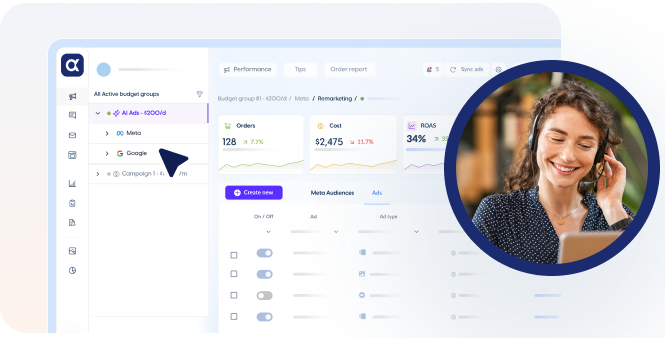

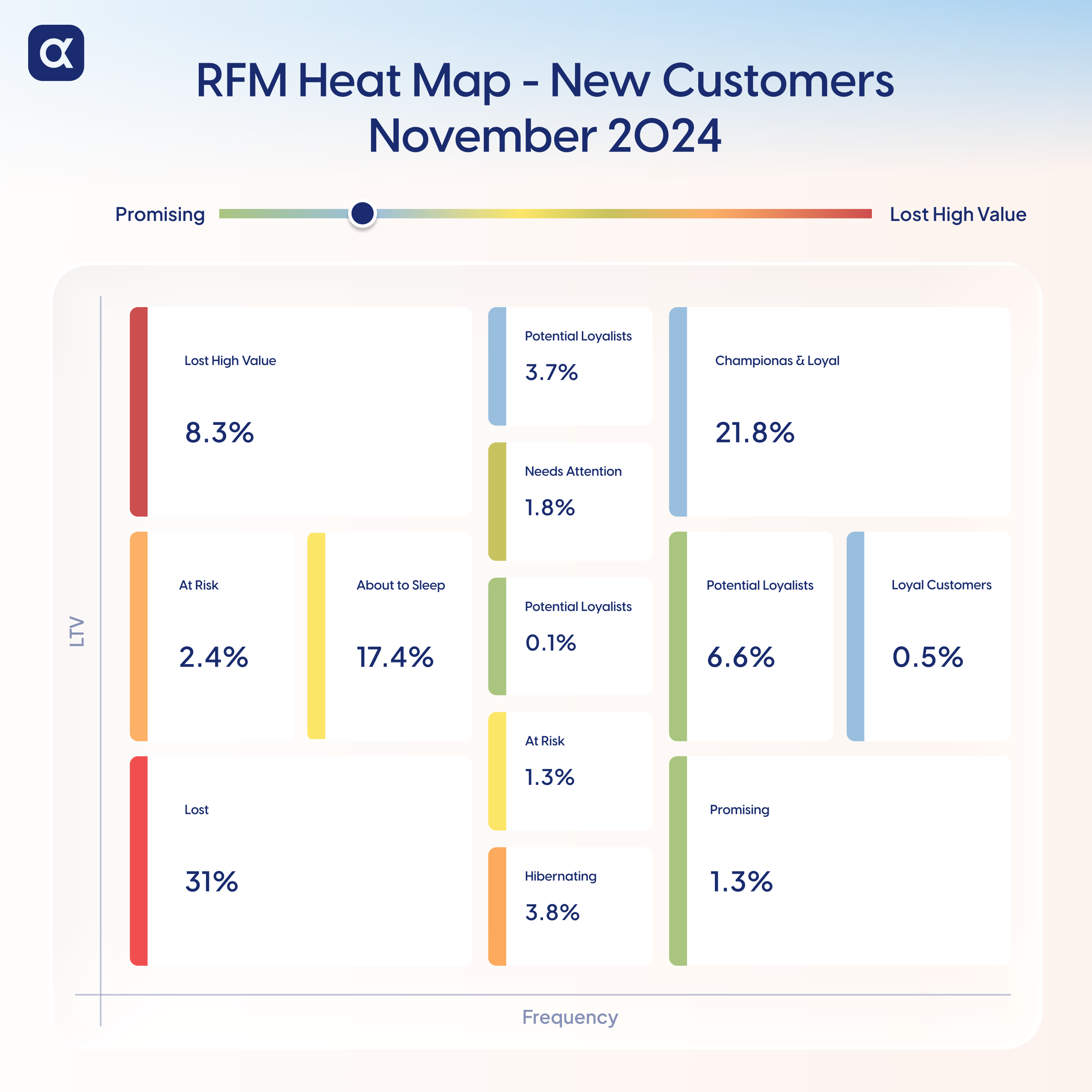
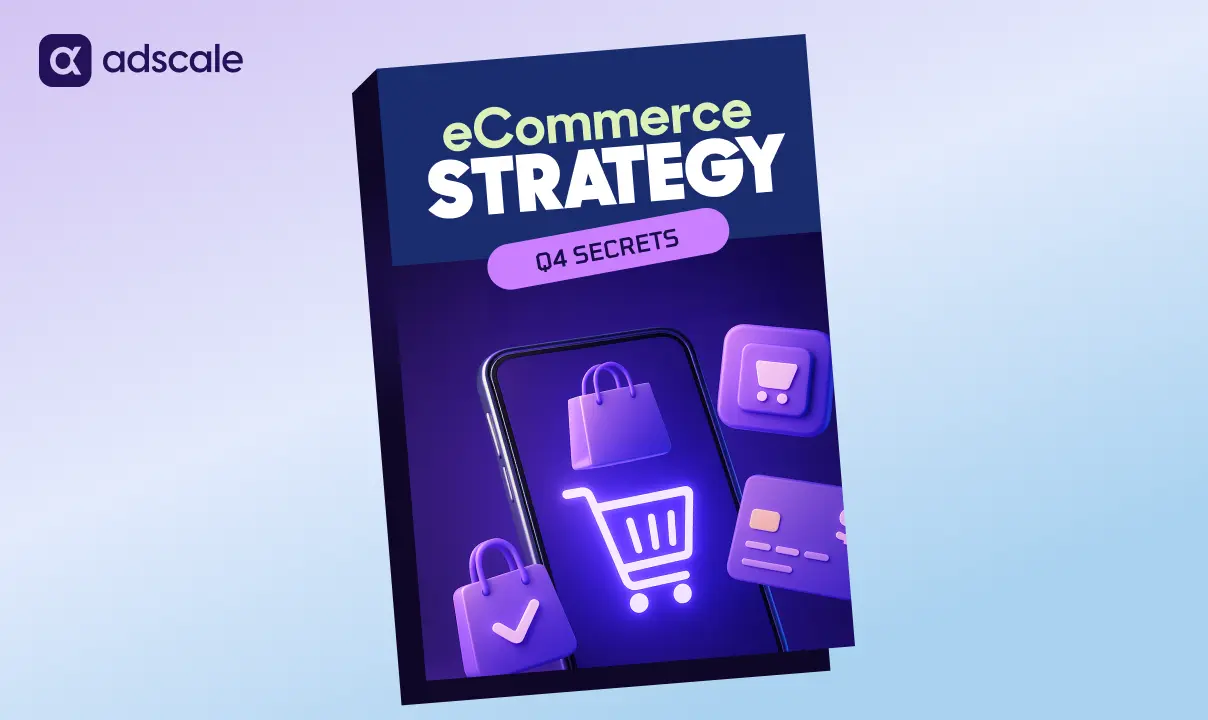



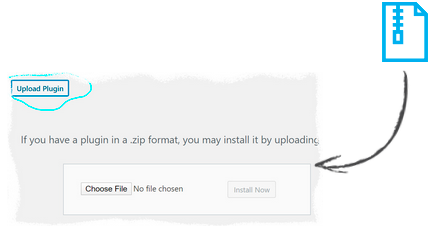
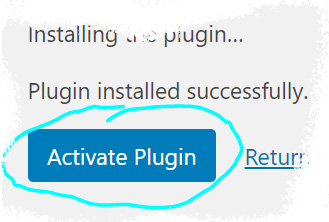
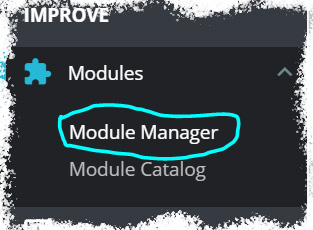
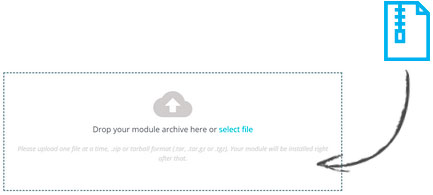




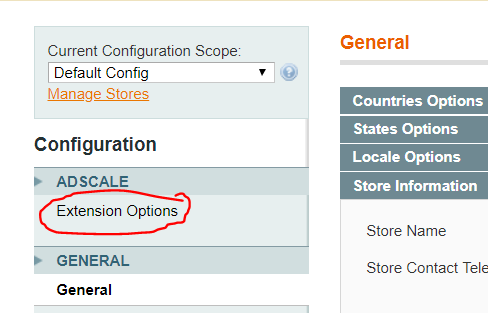
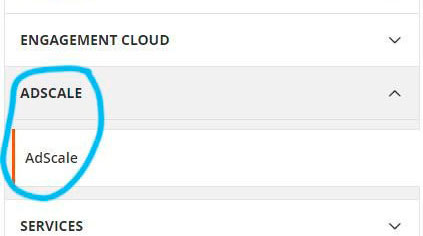
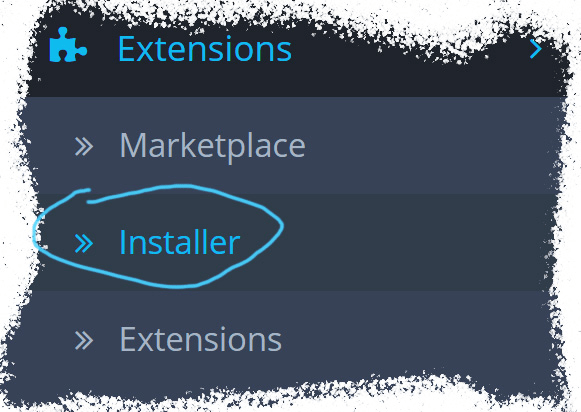
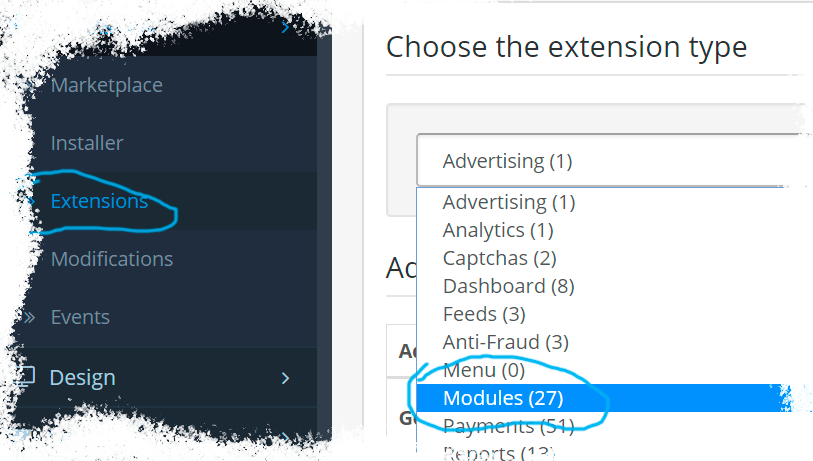
 ,
,